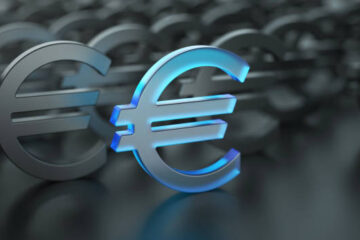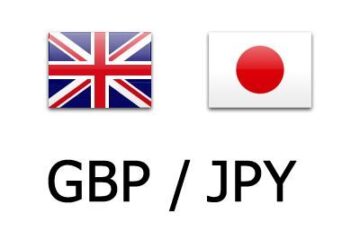‘We continue to see benefits from accumulated savings and an increasing push toward digital,’ said Michael Miebach.
The omicron Covid variant apparently isn’t putting much of a damper on consumer spending so far.
“We’re coming with the momentum of the holiday season into the new year,” Mastercard CEO Michael Miebach told CNBC Thursday. “The trends continue to look relatively positive.” Mastercard Spending Pulse data showed that holiday sales rose 8.5% over 2020 holiday sales.
And he has a positive outlook is positive going forward. “We continue to see benefits from accumulated savings and an increasing push toward digital,” Miebach said.
“Consumers have learned. They have adapted, and they show all signs of wanting to do more online in digital banking and online shopping and so forth.”
Retail Sales Fell in December, but…
The government announced Friday that retail sales fell 1.9% in December. But that may have been a timing issue, with consumers pushing up their holiday spending to earlier months. Sales for the fourth quarter as a whole jumped 17.1% from the year-ago period.
Many economists agree with Miebach that consumers ended last year on a high note. “This is not a sign of consumer weakness,” Beth Ann Bovino, chief U.S. economist at S&P Global, told The New York Times.
“Given that households have relatively strong balance sheets, with high savings levels and a strong job market with wages climbing higher, it seems that consumers are not necessarily closing their pocketbooks. They’re taking a brief pause.”
But she and others say that inflation fears could put a dent in spending this year. Consumer prices soared 7% in 2021, the biggest 12-month gain in 39 years.
The Fed Could Increase Interest Rates
That surge has the Fed poised to raise interest rates, with many economists and investors expecting it to begin in March. Rate increases could dampen spending too.
Getting back to Miebach, he also said Mastercard embraces the buy now, pay later trend. “Our starting point is the consumer–what are they actually looking for?” he said.
“It’s just another way to pay. We like it because it will continue to advance the ecosystem. It replaces cash and some more dated technologies.”
The smaller companies that have led the march to buy now, pay later don’t represent a threat to Mastercard, Miebach said. Pure-play buy now, pay later companies can make bilateral arrangements to advance their business, he said. But Mastercard has the power of a network with 80 million merchants in more than 200 countries.
“How about we just bring the buy now, pay later functionality as part of our network proposition, so we can enable tens of millions of merchants,” Miebach said. “We look at the space not as a disintermediation threat, but as a growth opportunity.”
Mastercard (MA) – Get Mastercard Incorporated Class A Report stock has climbed 15% over the past year, compared to 24% for the S&P 500.


